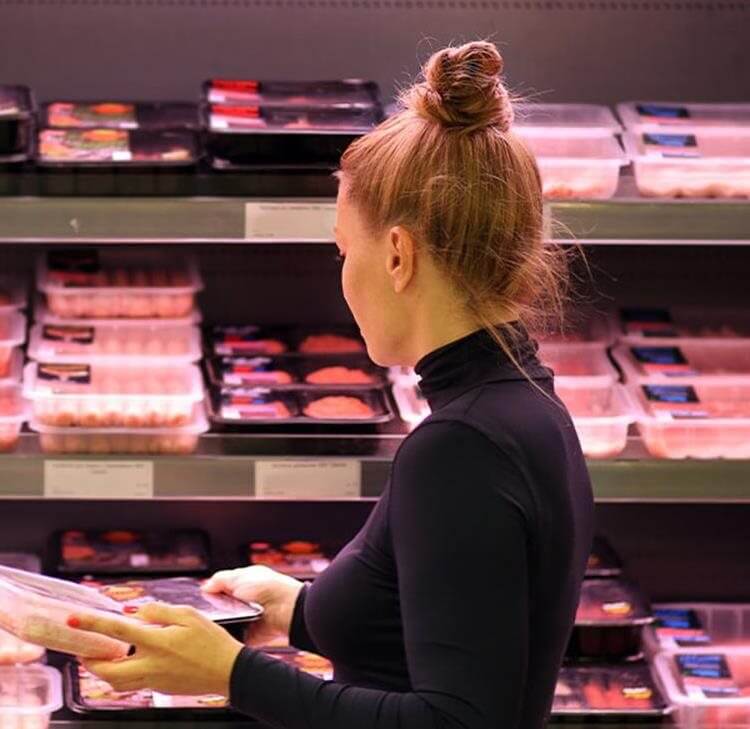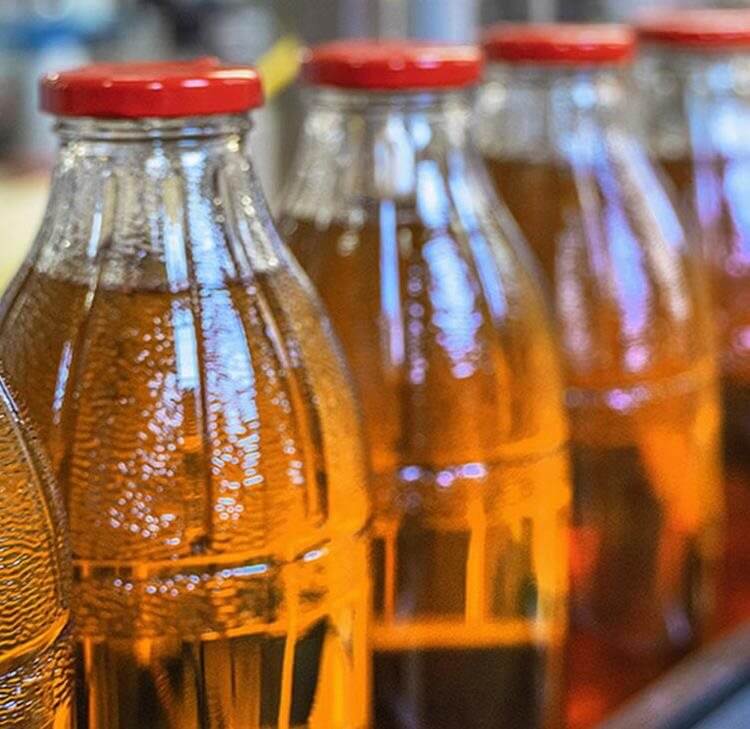This appeal arose out of a dispute between Waltham Forest Borough Council Trading Standards who had issued an Improvement Notice to Odysea, a Greek Food company, about whether Odysea’s honey could properly be labelled as “raw honey”.
Odysea argued that its critically acclaimed “raw” honey was not heated above its natural default temperature, was unpasteurised and less processed than other types of honey. Waltham Forest argued that honey in its very nature was raw because it was never cooked, therefore labelling the product “raw” was misleading to consumers.
On appeal to the First Tier Tribunal, Judge Neville rejected Waltham Forest Borough’s definition, and said that the everyday meaning of the word “raw” did not suggest any “special characteristics” and was reflected by the limited processing Odysea carried out in order to manufacture the product. However, Judge Neville said that the court should not going to be drawn into legislating definitions and that the relevant legislation itself should be sufficiently precise for businesses and trading standards to follow.
In time, legislation should develop to reflect the increasing popularity of “raw” products and other common components of health foods. Nevertheless, this ruling shows that manufacturers should ensure that the actual processes used to make the product are aligned with the language used to market it.
Contents
- Food for Thought: Food and drink regulatory update: Spring 2024
- Forest Risk Commodities regulations: Steps food businesses should take
- Implications of the Oatly Milk appeal for Dairy Alternative Producers
- Owen's Law: Pushing for allergen labelling in UK restaurants
- UK's Border Target Operating Model: Phase 2 implementation











































